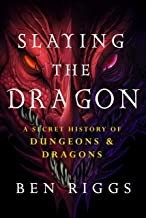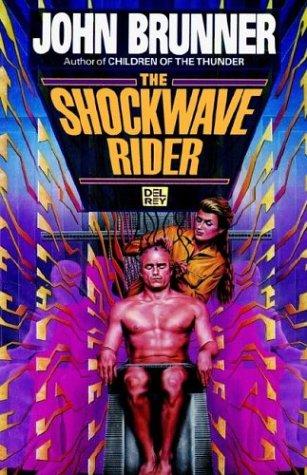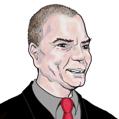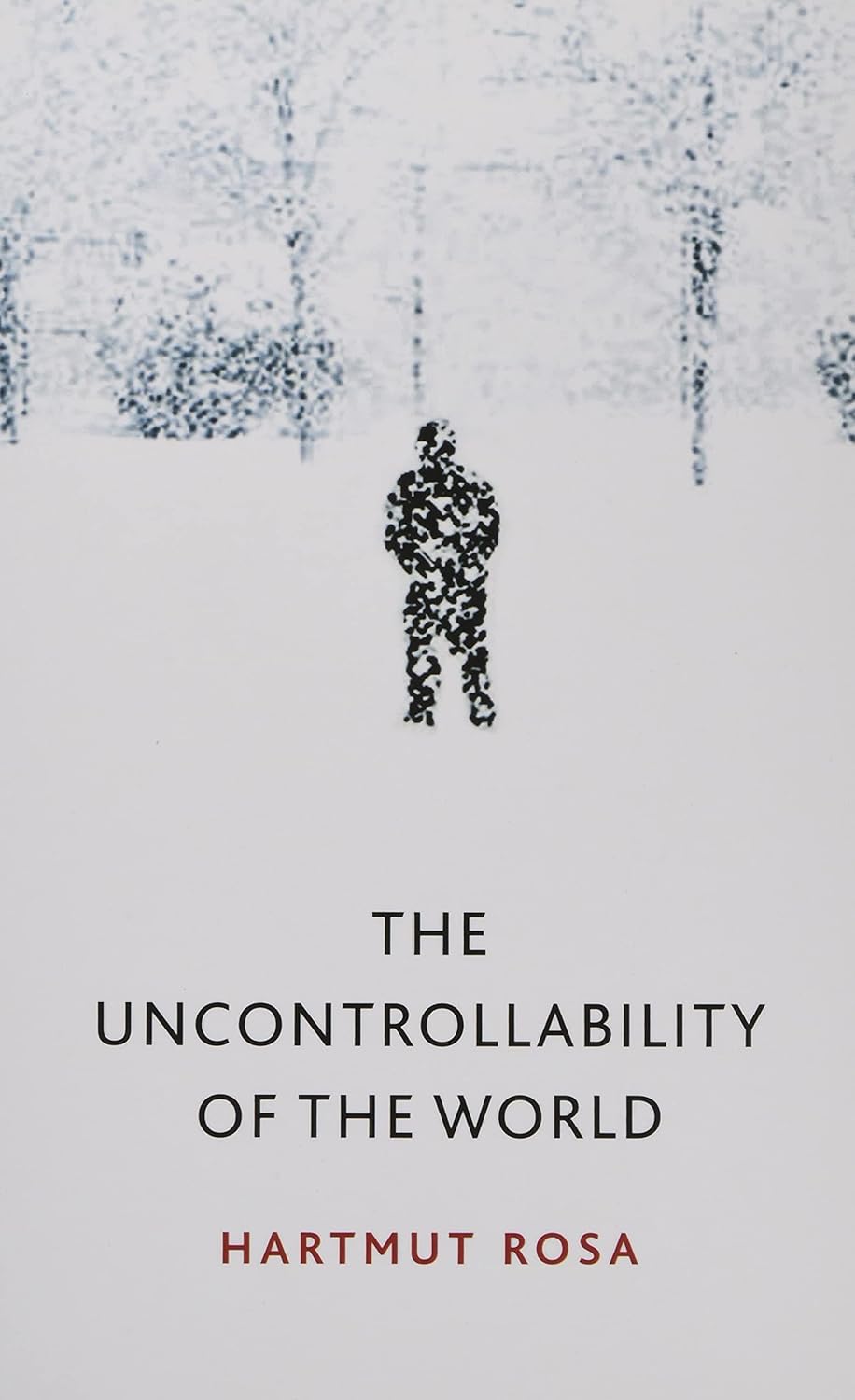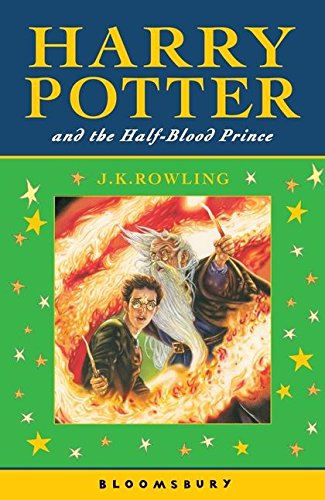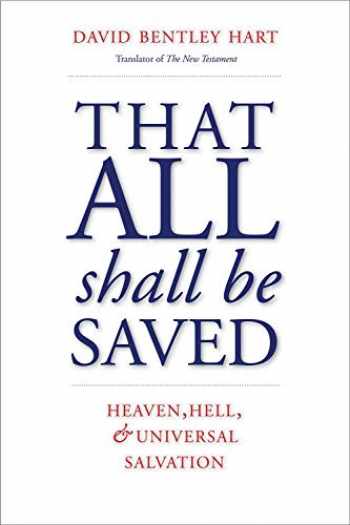Dan Keck reviewed Slaying the Dragon by Ben Riggs
Peek behind the curtain
3 stars
When I was a kid, AD&D just existed as products on shelves. It's neat to learn some about the internal dealings, business, and relationships at TSR. There's not much detail about the early development of D&D; the book's focus is (as advertised) TSR's fall from success to unprofitability and eventual purchase by Wizards of the Coast.
When I was a kid, AD&D just existed as products on shelves. It's neat to learn some about the internal dealings, business, and relationships at TSR. There's not much detail about the early development of D&D; the book's focus is (as advertised) TSR's fall from success to unprofitability and eventual purchase by Wizards of the Coast.
